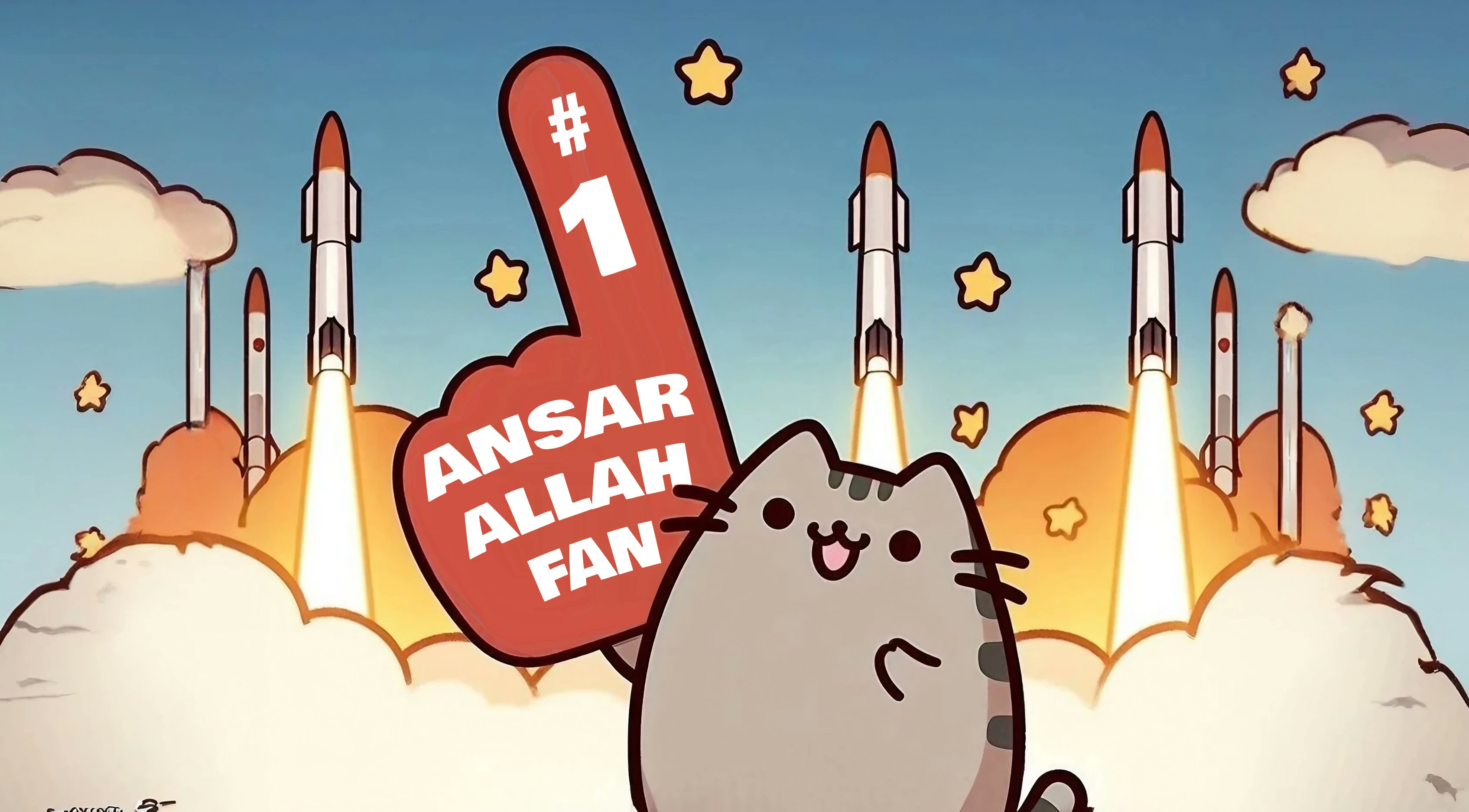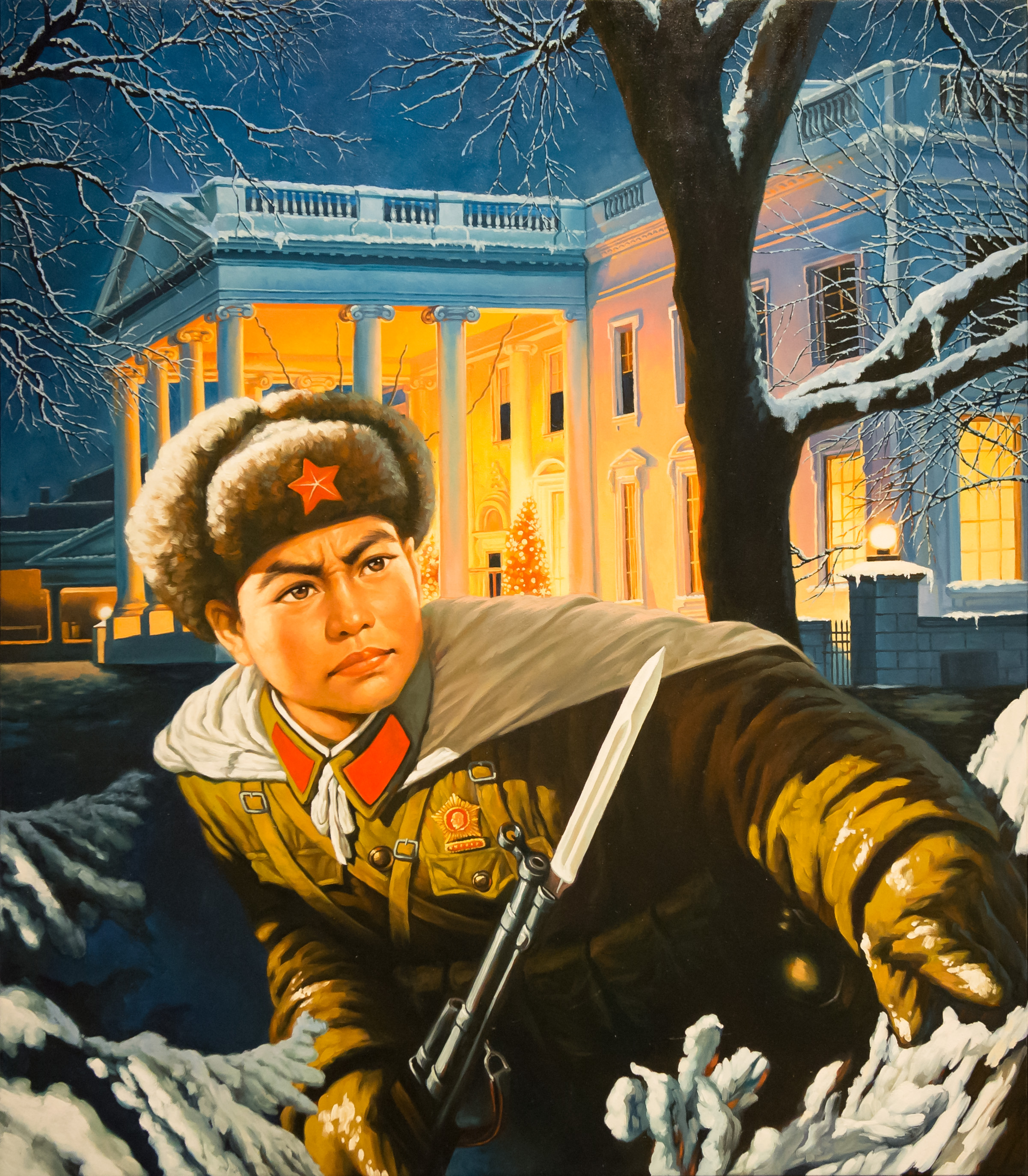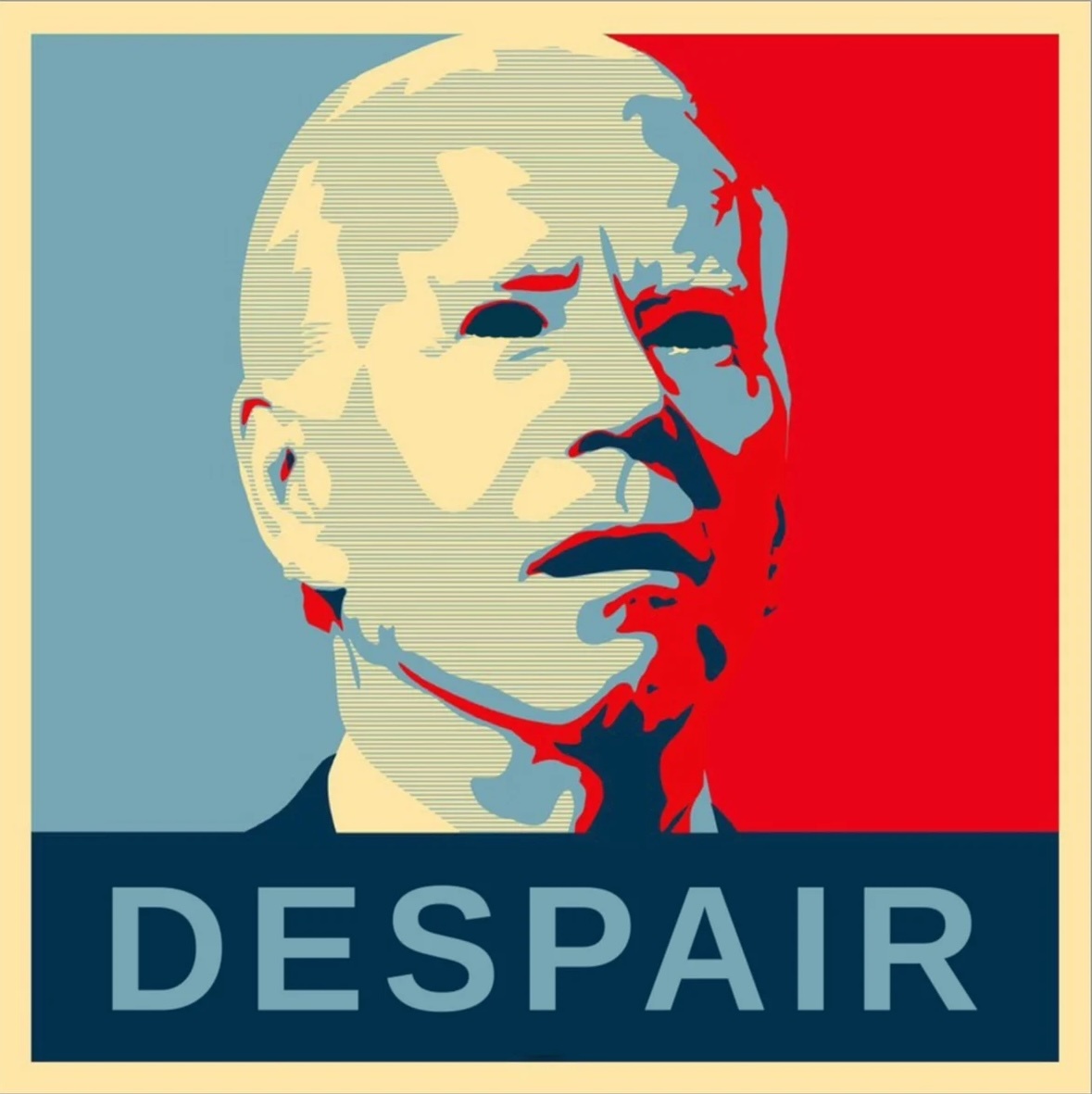emizeko
The fed: god inflation is so bad ugh we need to reduce the amount of money in circulation
The banks: 👉👈🥺 I need $300 billion and sloppy toppy literally right now
The fed: omg yes right away wow queen ur basis points are so huge
-
Adolf Heusinger, chief of the Operationsabteilung (third-in-command of the Wehrmacht) from 1940-1944 and Hitler’s acting Chief of Staff 1944, Chairman of the NATO Military Committee 1961-1964
-
Hans Speidel, chief of staff to Erwin Rommel, Supreme Commander of NATO’s ground forces in Central Europe 1957-1963
-
Johannes Steinhoff, Luftwaffe fighter pilot during WWII and recipient of the Knights Cross of the Iron Cross (the Nazi military’s highest award), Chairman of the NATO Military Committee 1971–1974
-
Johann von Kielmansegg, General Staff officer to the High Command of the Wehrmacht 1942-1944, NATO Commander in Chief of Allied Forces Central Europe 1967-1968
-
Ernst Ferber, Major in the Wehrmacht and group leader of the organizational department of the Supreme Command of the Army (Wehrmacht) 1943-1945 and recipient of the Iron Cross 1st Class, NATO Commander in Chief of Allied Forces Central Europe 1973-1975
-
Karl Schnell, battery chief in the Western campaign in 1940/later First General Staff Officer of the LXXVI Panzer Corps in 1944 and recipient of the Iron Cross 2nd Class, NATO Commander in Chief of Allied Forces Central Europe 1975-1977
-
Franz Joseph Schulze, Lieutenant in the reserve and Chief of the 3rd Battery of the Flak Storm Regiment 241 and recipient of the Knight’s Cross of the Iron Cross in 1944, NATO Commander in Chief of Allied Forces Central Europe 1977-1979
-
Ferdinand von Senger und Etterlin, Lieutenant of 24th Panzer Division in the German 6th Army, participant in the Battle of Stalingrad, adjutant to Army High Command, and recipient of the German Cross in gold, NATO Commander in Chief of Allied Forces Central Europe 1979-1983
The dossier/Snopes approach doesn’t work because it attempts to apply facts and reason to people who are not interested in either facts or reason. That’s not a nice thing to say, or even to think, about anyone else, which is why I was reluctant and slow to reach that conclusion. But that conclusion was inevitable.
In trying to combat the P&G slander with nothing more than irrefutable facts proving it false, I was operating under a set of false assumptions. Among these:
- I assumed that the people who claimed to believe that Procter & Gamble supported the Church of Satan really did believe such a thing.
- I assumed that they were passing on this rumor in good faith— that they were misinforming others only because they had, themselves, been misinformed.
- I assumed that they would respect, or care about, or at least be willing to consider, the actual facts of the matter.
- Because the people spreading this rumor claimed to be horrified/angry about its allegations, I assumed that they would be happy/relieved to learn that these allegations were, indisputably, not true.
All of those assumptions proved to be false. All of them. This was at first bewildering, then disappointing, and then, the more I thought about it, appalling— so appalling that I was reluctant to accept that it could really be the case.
But it is the case. Let’s go through that list again. The following are all true of the people spreading the Procter & Gamble rumor:
- They didn’t really believe it themselves.
- They were passing it along with the intent of misinforming others. Deliberately.
- They did not respect, or care about, the actual facts of the matter, except to the extent that they viewed such facts with hostility.
- Being told that the Bad Thing they were purportedly upset about wasn’t real only made them more upset. Proof that the 23rd largest corporation in America was not in league with the Devil made them defensive and very, very angry.
As Rosanov says, men are crushed under the wardrobe. Without lifting up the wardrobe it is impossible to deliver whole peoples from their endless and unbearable suffering. It is terrible that even one man should be crushed under such a weight: to want to breathe, and not to be able to. The wardrobe rests on everybody, and everyone gets his inalienable share of suffering. And everybody tries to lift up the wardrobe, but not with the same conviction, not with the same energy. A curious groaning civilization.
Thinkers ask themselves: “What? Men under the wardrobe? However did they get there?” All the same, they got there. And if someone comes along and proves in the name of objectivity that the burden can never be removed, each of his words adds to the weight of the wardrobe, that object which he means to describe with the universality of his ‘objective consciousness’. And the whole Christian spirit is there, fondling suffering like a good dog and handing out photographs of crushed but smiling men. “The rationality of the wardrobe is always the best”, proclaim the thousands of books published every day to be stacked in the wardrobe. And all the while everyone wants to breathe and no-one can breathe, and many say “We will breathe later”, and most do not die, because they are already dead.
—Raoul Vaneigem, The Revolution of Everyday Life
The life of a single human being is worth millions of times more than all of the properties of the richest man on earth.
—Che Guevara
would you feel comfortable face-to-face explaining to a Palestinian child why you voted for his extermination?
[...] the frustrated and humiliated intellectual, the rich and scared speculator, the spoiled son, the labor tyrant, the fellow who has achieved success by smelling out the wind of success—they would all go Nazi in a crisis.
from Who Goes Nazi? by Dorothy Thompson
Here, then, is the problem with the magazine: readers are consistently given the impression, regardless of whether it is true, that unrestricted free market capitalism is a Thoroughly Good Thing, and that sensible and pragmatic British intellectuals have vouched for this position. The nuances are erased, reality is fudged, and The Economist helps its American readers pretend to have read books by telling them things that the books don’t actually say.
How The Economist Thinks | Current Affairs
For me it took several years. I learned several things about the USSR one by one that softened my opinion of it. I don't even remember what order I learned these things in, but here they are.
- the USSR had a lot of things that the Russian Federation and other post-soviet nations don't (like universal healthcare and free college).
- the USSR's collapse plunged a lot of people into poverty, and the opportunistic privatization that happened in the wake of that plunged even more people into poverty.
- Yeltsin shelled parliament and suppressed popular protests.
- polling data in the USSR showed that most citizens wanted to remain in the USSR at the time of its dissolution.
- the whole "Stalin and Hitler made a pact" mythology that the bourgeoisie like to push is bullshit. The USSR was the last nation, not the first, nor the only, to make a non-aggression pact with Hitler, and they were basically doing it to buy time and move all their critical military infrastructure and factories East to hold off operation barbarossa.
- the Winter War between USSR/Finland only happened because Finland didn't want to let the USSR purchase or trade land with them, so the USSR could better prepare themselves for Nazi Germany's invasion. Even though the USSR was offering more acres of land in exchange than they were hoping to buy from the Finnish in the first place. Also after the Winter War the Finnish immediately became patsies of the Nazis and gave them intelligence.
- the USSR only invaded (a by that point borderline fascist and highly uncooperative) Poland to create a bigger buffer zone between the USSR and the advancing nazis.
- gulags paid their prisoners and were more humane than the American prison system.
- 14 nations intervened in the Russian Civil War on behalf of the White movement, which to me proves the desperation of the international bourgeoisie to prevent the USSR from coming into existence in the first place.
- fascism was basically capitalism's immune system response to the soviet union continuing to exist, and the international bourgeoisie, especially England and America, played a huge role in re-militarizing Germany and helping the nazis during the interwar period.
- the USSR rejected the marshall plan because it would have forced them to privatize their economy and put them in debt to the USA. Not because they wanted to start the cold war for no reason.
- the USSR tried to join NATO in 1954 but wasn't allowed. Yet the year after that, West germany was allowed in, even though they had just got done doing the holocaust 10 years earlier.
- Churchill wanted to immediately re-arm nazis and use them to invade the Soviet union (operation unthinkable) but this idea was scrapped thankfully.
- Operation paperclip and Operation bloodstone are way way way worse than operation Doviakhim, despite people trying to pretend they're mirror images of each other. the USSR kidnapped several hundred low-level German scientists and engineers and used their expertise to help rebuild after WW2. Meanwhile the USA took several high ranking nazi war criminals like Adolf Heusinger and put them in the CIA, NASA, NATO, and the EU commission.
- the KGB never tried to spread socialist revolution around the world. it just kept spontaneously happening in all these different nations in the global south because the working class was fed up. However, the CIA did spread anti-communist counter revolution around the world. Yet the liberals want us to believe that the cold war was two sides, with perfectly symmetrical motivations.
- the USSR lost 20 million people fighting fascism while the USA basically waited as long as they could to enter the war while selling weapons to both sides.
- holodomor genocide is an anticommunist atrocity propaganda created and spread by nazi collaborators. Stalin was literally giving Ukraine and Bengal food aid during the 1930s, ironically when Churchill was doing his best to starve Bengal on purpose.
- if Stalin's homophobia and other problematic aspects of his legacy is supposed to make me ignore everything above and I'm supposed to be anti-communist on that reason alone, then why should I support the liberal democratic party of the USA, which has a record of upholding slavery before and during the civil war?
- way more stuff that isn't coming to mind right now.
It basically was a long process of unlearning a lot of "red fascism" mythology about the Soviet Union. Each time I unlearned something, I was less surprised. I went from going "wow I can't believe I'm defending the USSR against unfair slander." to "of course that was just another lie they told me. why would it have been anything else?"
It's hard to teach other people this stuff, especially because of the Russian/Ukrainian war and all the NATO propaganda surrounding that. Even before then, though, it was an uphill battle. Because people hear their whole life that the USSR was a starving hellhole ruled by despots and torturers and here comes some naive person (or treasonous commie psycho) telling them, no, here's a bunch of facts contrary to everything they know. It just makes me sound like a "Kremlin shill" or something in their minds. After all, how can the experts and reliable sources be wrong? People think that because you can trust the government not to lie to you about how many calories are in a serving of milk, that you can also trust them about state enemies. That's the mistake.
Free food seemed relatively innocuous, but not to FBI head J. Edgar Hoover, who loathed the Black Panther Party and declared war against them in 1969. He called the program “potentially the greatest threat to efforts by authorities to neutralize the BPP and destroy what it stands for,” and gave carte blanche to law enforcement to destroy it.
The results were swift and devastating. FBI agents went door-to-door in cities like Richmond, Virginia, telling parents that BPP members would teach their children racism. In San Francisco, writes historian Franziska Meister, parents were told the food was infected with venereal disease; sites in Oakland and Baltimore were raided by officers who harassed BPP members in front of terrified children, and participating children were photographed by Chicago police.
“The night before [the first breakfast program in Chicago] was supposed to open,” a female Panther told historian Nik Heynan, “the Chicago police broke into the church and mashed up all the food and urinated on it.”
Ultimately, these and other efforts to destroy the Black Panthers broke up the program. In the end, though, the public visibility of the Panthers’ breakfast programs put pressure on political leaders to feed children before school. The result of thousands of American children becoming accustomed to free breakfast, former party member Norma Amour Mtume told Eater, was the government expanded its own school food programs.
from https://www.history.com/news/free-school-breakfast-black-panther-party




